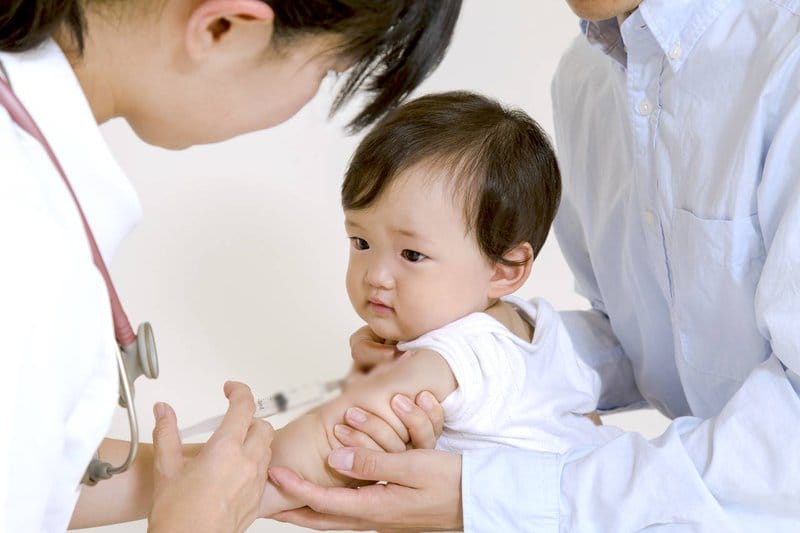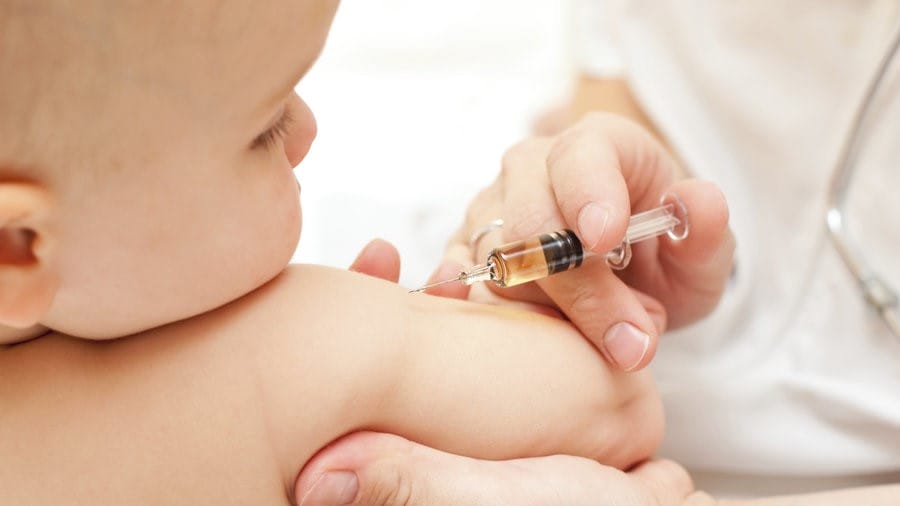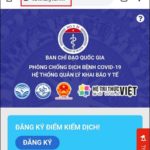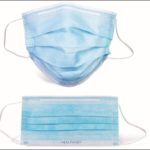During the ongoing Covid-19 pandemic, many parents are unsure whether they should take their children to the hospital for vaccinations. Which vaccines can be delayed and which ones cannot?
According to the recommendations of medical experts, even during a pandemic, parents should still take their children for vaccinations on schedule. Delaying vaccinations can increase the risk of contracting diseases and make infectious diseases, such as influenza, measles, chickenpox, sore throat, and pneumonia more severe and harder to treat.
In the current situation, it is important and necessary to administer vaccines on time to prevent diseases that have been vaccinated against and to avoid confusion with other illnesses, causing anxiety for families and the community. If a child has a cough or fever during this time, parents may be frightened and unsure whether these symptoms are due to Covid-19 or another illness, as some symptoms of Covid-19 are similar to the flu or other respiratory illnesses.
During the first 5 years of life, children are building a fully functional immune system, so complete vaccinations are an effective way to boost their immunity. Parents should take note of the following when taking their children for vaccinations: follow the recommendations of the World Health Organization (WHO) and the Ministry of Health, such as wearing a mask properly, washing hands frequently with hand sanitizer. Additionally, parents should stay updated with accurate information about Covid-19 to protect themselves and their families from the Corona virus.
In areas without outbreaks, mothers can still take their children for vaccinations according to the appropriate immunization schedule for their age, but they should avoid crowded places and make appointments in advance to avoid waiting and ensure that the healthcare facility is trustworthy and well-equipped.
2. Vaccines that cannot be delayed
Among them are 4 types of vaccines that mothers are required to administer to ensure the health of their children:
- Hepatitis B vaccine: After the newborn is born, the first dose of the hepatitis B vaccine is administered to the child.
- BCG vaccine: When the child is 28 days old, they will be vaccinated with the BCG vaccine to prevent tuberculosis.
There are also two types of vaccines for rabies and tetanus that need to be administered on schedule because they cannot be delayed.
Of course, if a child has had contact with a suspected person or has been infected with the Covid-19 virus, you need to isolate the child for 14 days. During these 14 days, if the child has a fever, you should suspend vaccination.

In the current special situation to avoid the risk of cross-infection, mothers should not take their children to crowded places and may postpone vaccination for some types of vaccines.
AC meningitis vaccine. The AC meningitis disease can be temporarily delayed because currently there is no epidemic, and according to the rule, there is an epidemic once every 3 years. Children over 2 years old should start vaccinations and repeat them every 3 years.
Diphtheria: This disease spreads through eating and drinking, and if hygiene is observed, such as boiling water and cooking food properly, the disease can be prevented. This vaccine is repeated every 3 years.
Hepatitis A vaccine: The disease is spread through eating and drinking, so it can be temporarily delayed during this stage.
HPV vaccine: The cervical cancer vaccine is ideally administered between the ages of 9 and 13, so temporarily delaying it at this time does not affect the child.
If parents are unsure about which vaccines can be delayed, they should consult their local health department or disease control centers.

4. Precautions when taking your child for vaccination during the Covid-19 outbreak
- Before vaccination, measure the baby’s temperature and assess the health of the family members accompanying the child for vaccination.
- When taking your child for vaccination, try to avoid public transportation and use a private car. Wear a mask during the entire vaccination process.
- After vaccination, keep the baby in a clean area of the vaccination facility for 30 minutes.
- Do not bathe the child within 24 hours after vaccination and pay attention to the vaccination site. If the vaccination site becomes swollen, you should take the child to a healthcare facility for examination.
After receiving vaccinations, children may develop a fever. You can give them fever-reducing medication. If the fever persists, you should take the child to the hospital promptly.






































